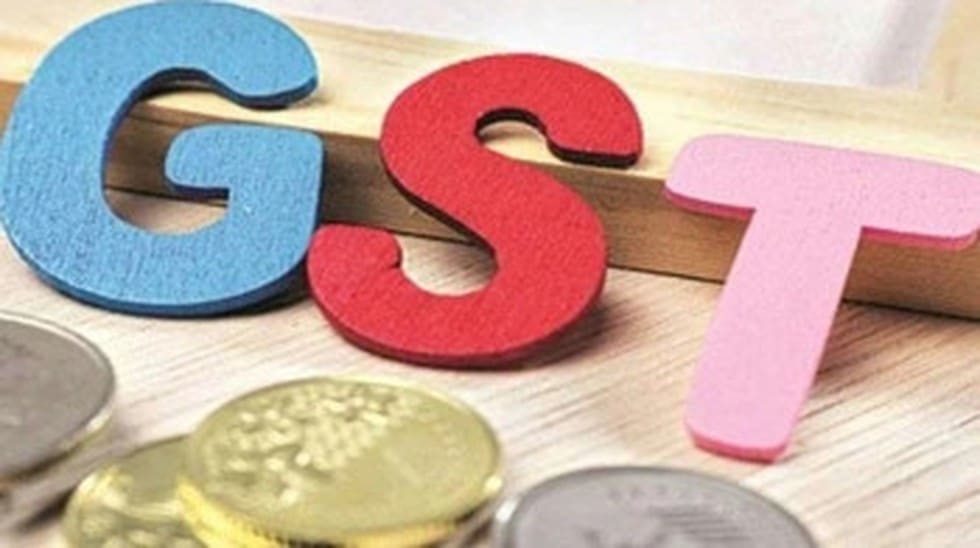What is Circular trading?
- Circular trading refers to fraudulently availing input tax credit by traders by issuing of invoices without availing any real goods or service.
- In simple words, circular trading refers to the transaction of selling and buying of goods (without actual movement of goods) through shell companies.
- Circular trading is a circular which is being formed by a group of companies engaging themselves in fake sales transaction by producing fake sale invoices.
- The main objective of circular trading is inflating turnover of the business. However, through circular trading, companies may also aim to:
- To increase the valuation of the company/business;
- To benefit higher loans from the Banks or Non-Banking Financial Corporation (NBFC);
- To bring black money into the system;
- To avail fake input tax credit.
Q1) What are Non-Banking Financial Corporations?
Non-banking financial companies (NBFCs), also known as non-banking financial institutions (NBFIs) are entities that provide certain bank-like financial services but do not hold a banking licence. They are not subject to the banking regulations and oversight by federal and state authorities adhered to by traditional banks.Investment banks, mortgage lenders, money market funds, insurance companies, hedge funds, private equity funds, and P2P lenders are all examples of NBFCs.
Source: Financial Express
Last updated on June, 2025
→ UPSC Notification 2025 was released on 22nd January 2025.
→ UPSC Prelims Result 2025 is out now for the CSE held on 25 May 2025.
→ UPSC Prelims Question Paper 2025 and Unofficial Prelims Answer Key 2025 are available now.
→ UPSC Calendar 2026 is released on 15th May, 2025.
→ The UPSC Vacancy 2025 were released 1129, out of which 979 were for UPSC CSE and remaining 150 are for UPSC IFoS.
→ UPSC Mains 2025 will be conducted on 22nd August 2025.
→ UPSC Prelims 2026 will be conducted on 24th May, 2026 & UPSC Mains 2026 will be conducted on 21st August 2026.
→ The UPSC Selection Process is of 3 stages-Prelims, Mains and Interview.
→ UPSC Result 2024 is released with latest UPSC Marksheet 2024. Check Now!
→ UPSC Toppers List 2024 is released now. Shakti Dubey is UPSC AIR 1 2024 Topper.
→ Also check Best IAS Coaching in Delhi
























